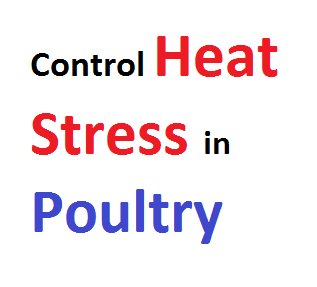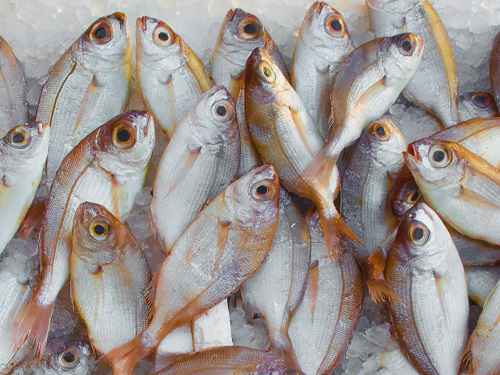Hello, I am Dr. Kashif Amin and today the topic of discussion is Bacterial and Protozoal Protein. Do you have any previous knowledge regarding this topic? Are these are the same proteins? is there any difference between these proteins? are these helpful for the growth of animals? I hope you are familiar with these terms before.

Difference Between Bacterial and Protozoal Protein
Bacterial and Protozoal Protein
Bacterial Protein:
Protein synthesized by bacteria from the dietary protein source in the rumen of ruminants is called bacterial protein. Dietary protein is the first breakdown into amino acids and ammonia and these are consumed by bacterial to synthesize their proteins.
Digestion of Bacterial Protein:
Bacterial protein digestion is completely different from the protozoal protein, bacterial protein is unable to be digested by pepsin and HCL because of cell wall around it. As bacterial protein enter in the stomach G-cells produce gastric juice, this juice contains lysozyme which plays an important role in the digestion of cell wall, after digestion of this wall HCL and pepsin act on bacterial protein and digests it. The retention time of microbial protein is greater than protozoal protein.
Composition of bacterial protein:
Bacterial protein is composed of Alanine, Glycine, and Valine mostly. it contains other amino acids too but these amino acids are present in excess amount.
The biological value of Bacterial protein:
The biological value of microbial protein is 70% but net amino acid utilization of B. Protein is low and the availability of amino acids is also low.
Protozoal Protein:
Protozoal protein is a protein synthesized by protozoa by utilizing the free amino acids, ammonia and microbial protein. Protozoal protein is easily digestible as not covered with the cell wall, the retention time of this is very low as compared with bacterial protein.
Composition of Protozoal protein:
This protein contains Glutamine and Lysine in excess amount.






